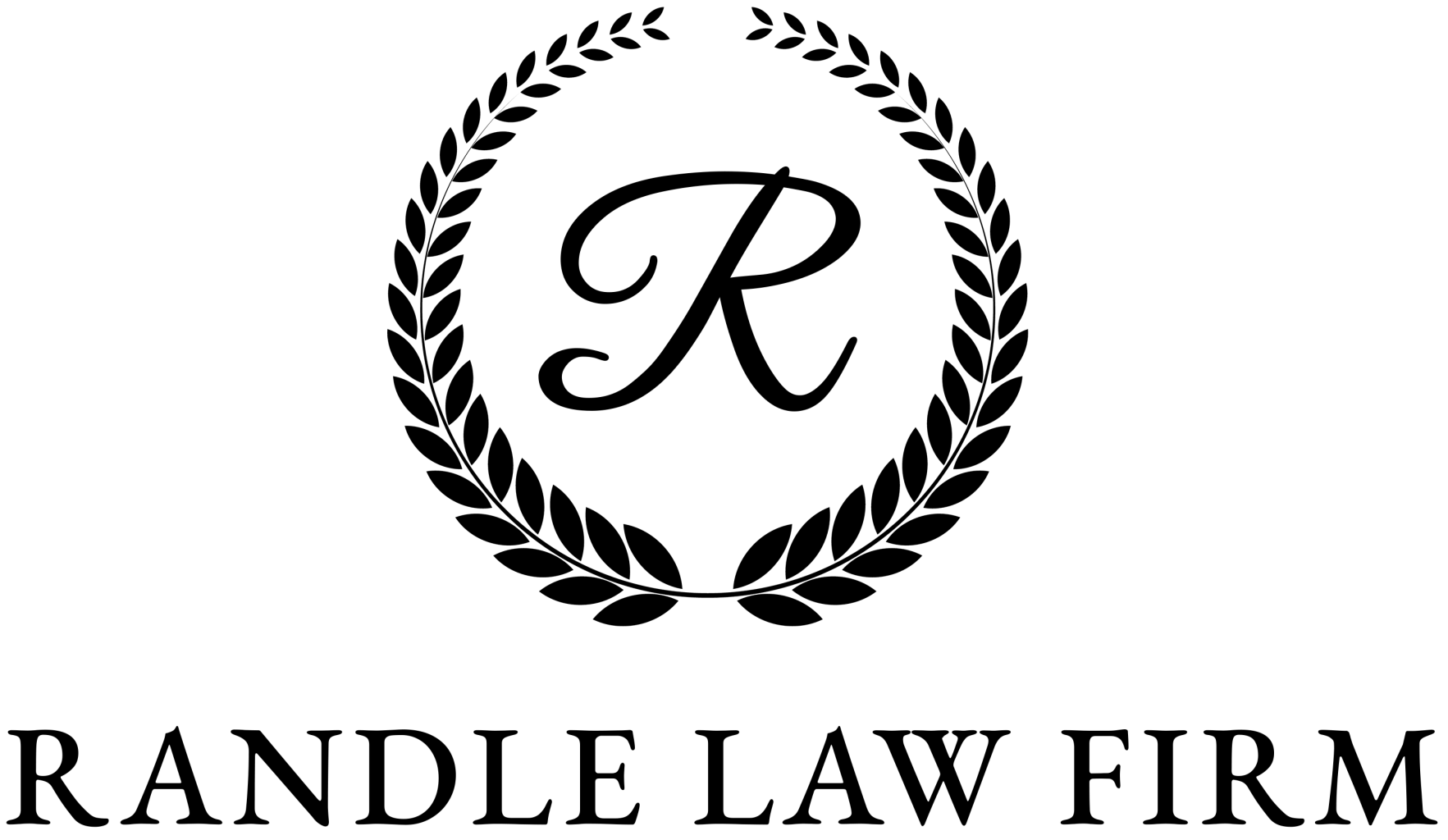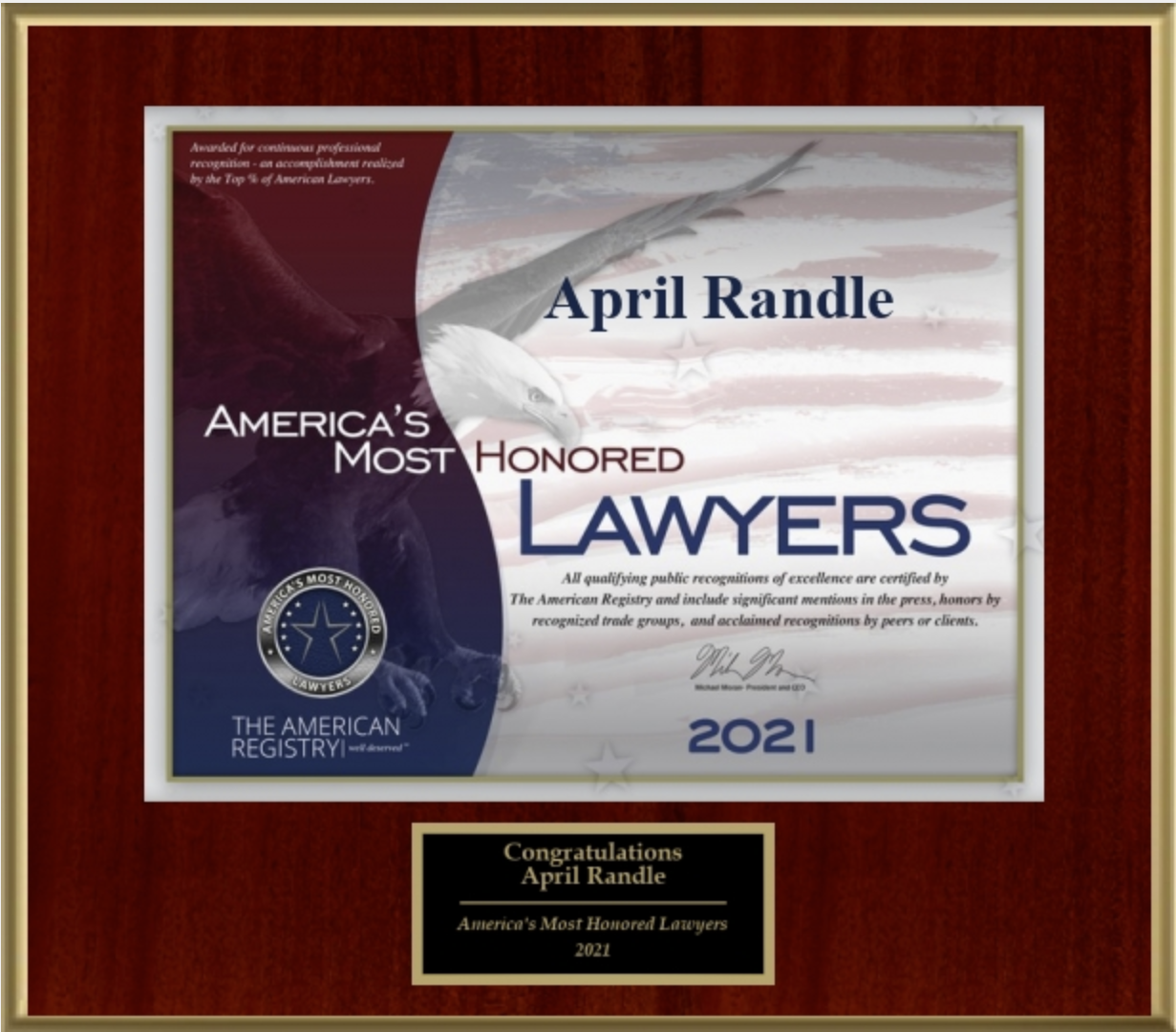Can I Keep My
House & Property
Can I Keep My House
And Other Property
In Bankruptcy?
Many debtors stay awake at night worrying about how they will pay their bills. They are afraid they will lose their home, vehicles and other important assets. But mention the word “bankruptcy,” and they insist such drastic options are intended for somebody else who is in a worse financial condition. They refuse to even consider the option out of pride or a sense that declaring personal bankruptcy is somehow wrong. It isn’t. Personal bankruptcy is a financial tool that helps pull people out of debt and onto a path of economic productivity. Declaring bankruptcy is nothing to be ashamed of, but refusing to consider all the options might be.
Keep Your House And Property In Bankruptcy
Let’s face it. If you are reading this page, your finances might not be in the best of shape. But how bad are they? If you are months behind on your mortgage, have thousands of dollars in credit card debt or medical bills, and cannot foresee paying off your obligations for years – you are the kind of person that bankruptcy laws were designed specifically to protect. The worst part is admitting the situation is out of your control. By filing for bankruptcy, you can regain that lost control by eliminating your debts and getting a fresh start.
Many possessions are wholly or partially exempt from creditor claims in both Chapter 7 and Chapter 13 bankruptcy processes. These items can include your:
- Home
- Vehicle
- Checking and savings accounts
- Household goods and furnishings
- Health aids
- Pensions
- 401(k) accounts and other retirement accounts
- Social Security benefits
- Tools of the trade
- Unemployment compensation
- Alimony and child support
- Welfare benefits
- Scholarships
- Personal injury judgments
- Other real estate, including burial plots
Value Of Personal Property Exemptions
Many exemptions are not total but are given a limited value in dollars. In recent years, Tennessee increased its personal property exemptions to $10,000 for individual filers and $20,000 for married couples filing a joint case. If both spouses don’t file bankruptcy, these limits may not apply in Tennessee depending on the circumstances of your case.
Likewise, filers in Tennessee can now receive a “homestead exemption” of $25,000 per person if they have a minor child at home, and $12,500 if single and age 65 or older. The exemption is higher for couples who file where both filers are 65 or older. Additionally, if you are a single filer under 65 with no minor children, you can have up to $5,000 in home equity and $7,500 if you are a married couple under 65 with no minor children at home. What this means is that you can own property outright and/or have equity in property beyond what is owed against it and still file a Chapter 7 or 13 bankruptcy without losing those assets.
Avoid Foreclosure, Repossession Through Chapter 13 Repayment
Chapter 7 bankruptcy is in many ways the higher stakes option in personal bankruptcy. You may stand to lose more initially if you have unexempt property, but it is possible for you to be debt-free within a few months of your filing. Our mission is to file the proper chapter for you that accomplishes your goals and protects the most amount of property from being lost to creditors.
If you need to keep specific assets, such as a home, and the value of the property exceeds the state or federal guidelines, a Chapter 13 repayment may be more appropriate. Instead of losing assets to creditors, you have the opportunity to keep them by following a court-approved repayment plan. The amount you must repay will depend heavily on the values of your assets and the depth of your debt. Payments under a Chapter 13 payment plan can often be far less than what you pay creditors outside of bankruptcy.
Contact A Lawyer For A Free Consultation To Discuss Your Consumer Bankruptcy Options
To discuss ways you can preserve your assets with a bankruptcy lawyer, contact me online today. You may also call my law office at 423-521-8000.
We are a debt relief agency. We help people file for bankruptcy relief under the Bankruptcy Code.








